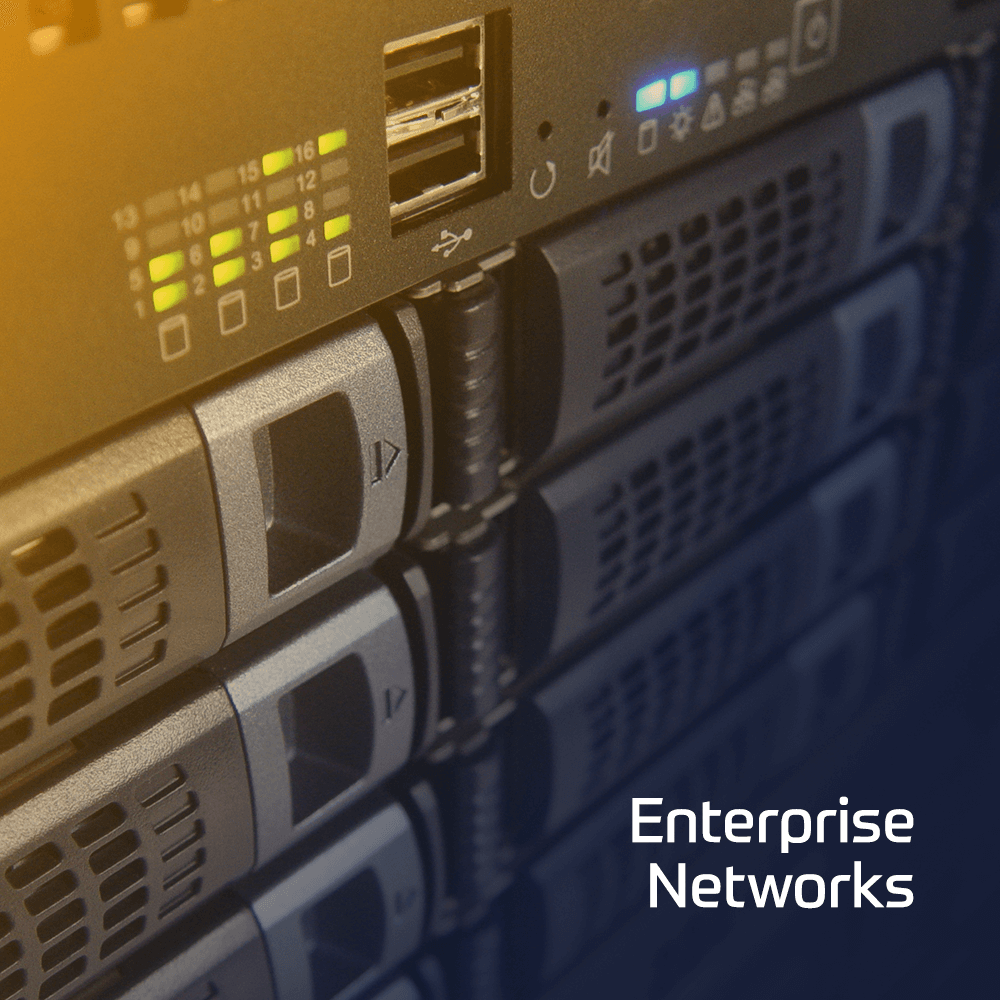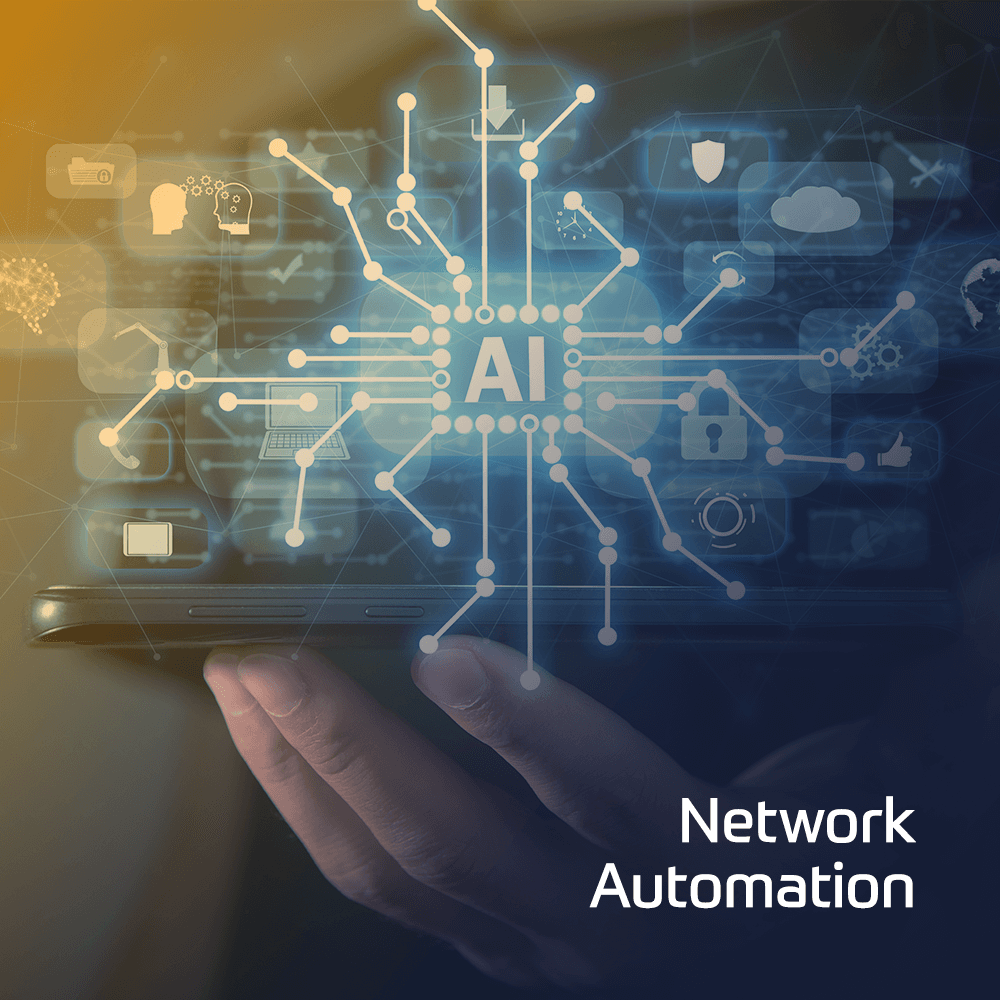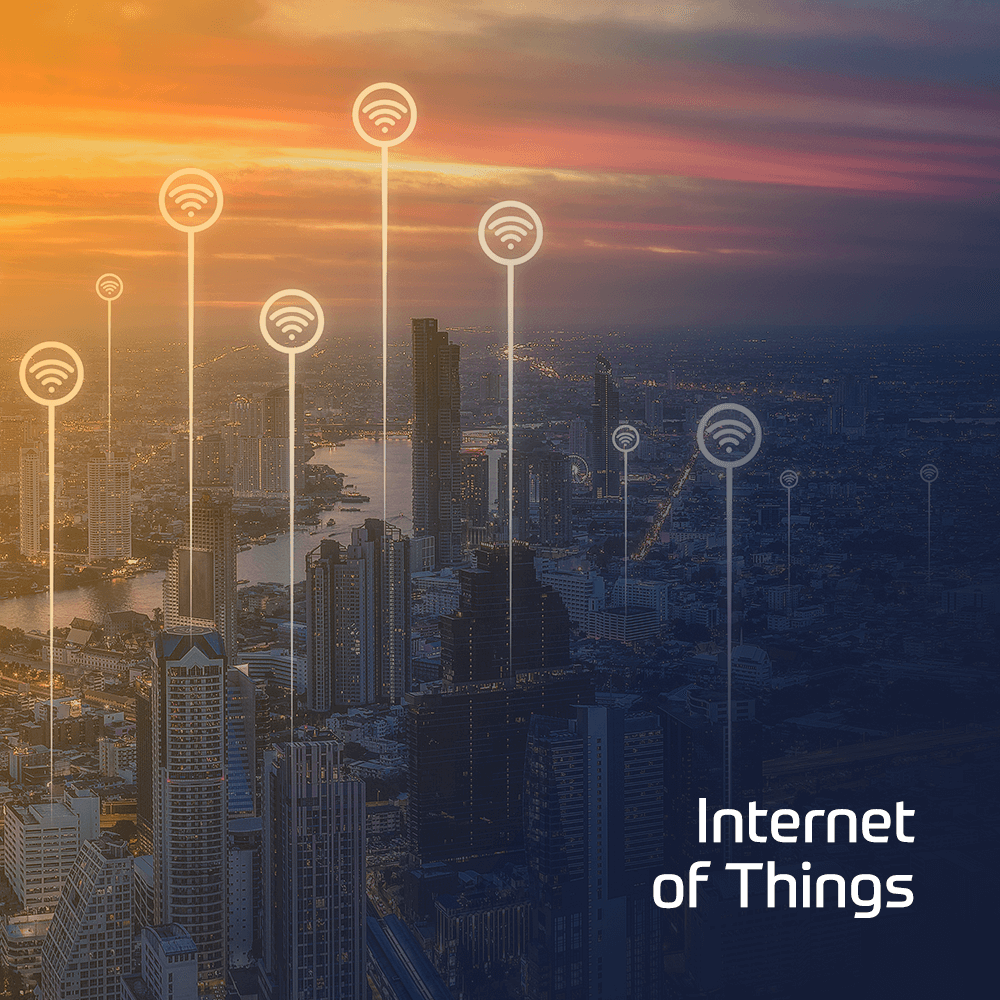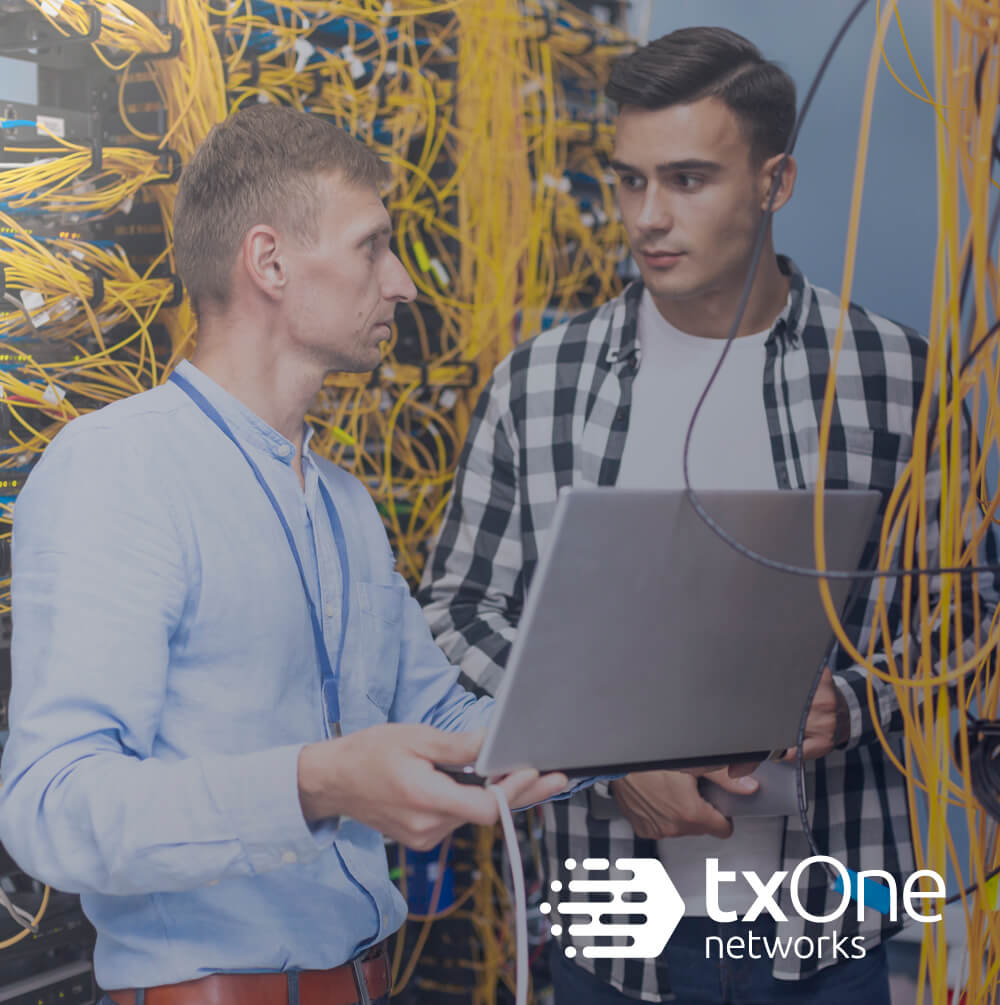The CDCP® (Certified Data Centre Professional) is a 2-day course is designed to expose participants to the key components of the data centre.
CDCP® training will address how to setup and improve key aspects such as power, cooling, security, cabling, safety etc. to ensure a high-available data centre.

 Finland
Finland Germany
Germany Denmark
Denmark Sweden
Sweden Italy
Italy Netherlands
Netherlands Norway
Norway 


























 Duration
Duration  Delivery
Delivery  Price
Price